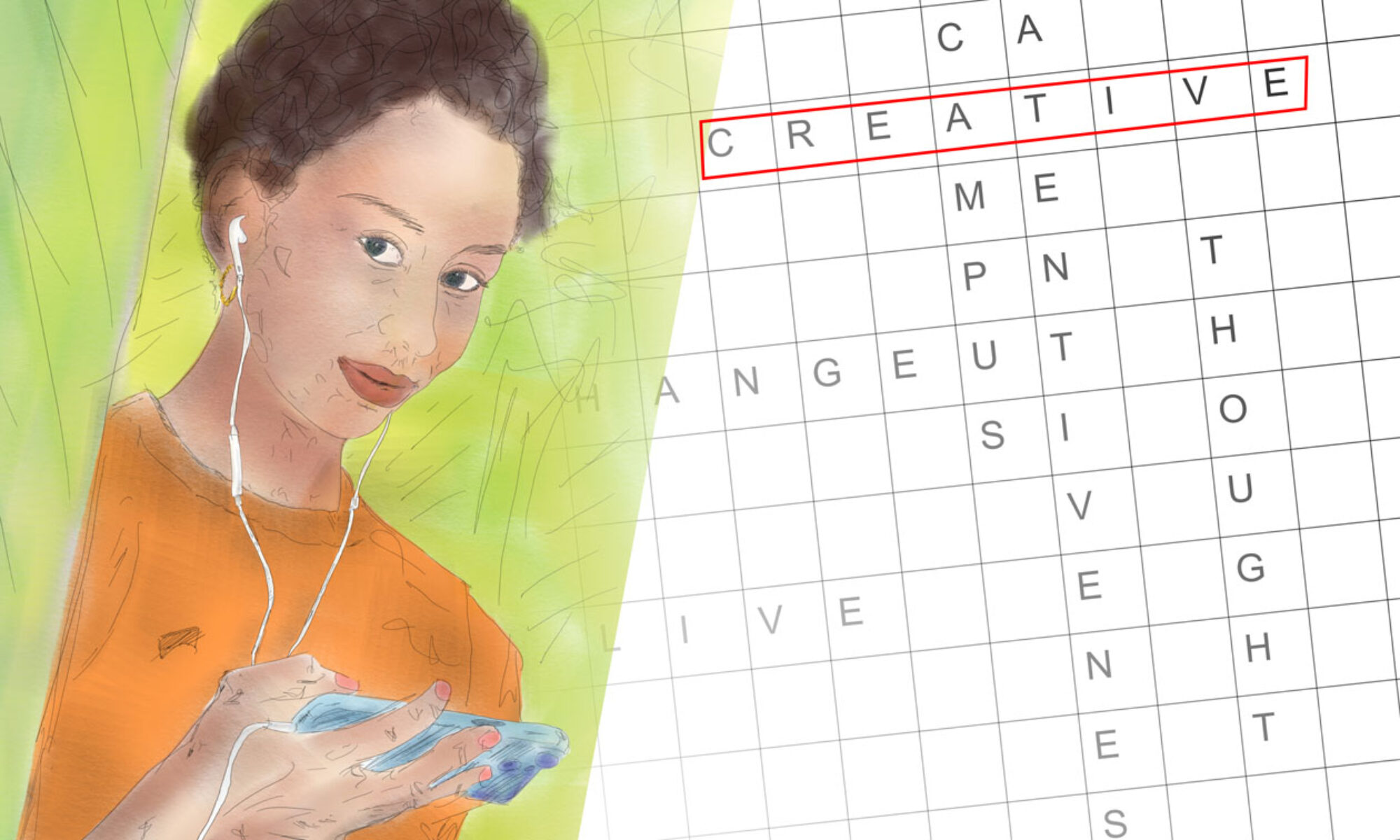… a fascinating insight into our thoughts about the future of knowledge, science, living and working environments.
That was a fantastic start for our futureSKILLs project, the workshop last Thursday. And so many new ideas and perspectives. Truly extraordinary. Many thanks to everyone who was involved in preparation, implementation and evaluation.
What can and eventually will develop from this is not yet foreseeable. So here are just some of the thoughts that came up, completely unfiltered and written spontaneously in the blog post:
The amount of available knowledge is constantly increasing, which is fascinating, and it is becoming more and more important to know knowledge can be applied.

In just a few hundred years, a complex, increasingly interconnected system of technologies has emerged. The machines we constructed and those we will construct in the future will do a lot of work for us, that is the expectation. — This old dream of humans: a life without labor and toil. — Already today the machines are relieving us of physical labor in many ways. In a number of cases, they are also doing or supporting mental work and it is becoming increasingly important to understand what happens in and with the systems that our technologically gifted, innovative and inventive ancestors and contemporaries have created and are creating. They usually do it with the aim of making life easier. Often driven by the urge for profit, power and prestige. All motives that psychologists should like to take a closer look at and whose effects on the social systems in which we, the sensory beings designed for community, live, face enormous challenges, currently already and probably even more so in the future. The set of skills and competencies that we need for the world that we are growing into, to that we are shaping from our present now, will therefore be a diverse one, far more than just technical and technocratic knowledge.
In any case, technology, this wisdom science of the encountered world insights’ application, opens up amazing perspectives. For example, the machine I use to write a letter, an invoice or a novel can also be used to control a fully automated industrial production plant, a rolling mill or a large bakery, for example. In the recording studio, I use this machine to produce music. If I connect several of these machines together in a well-cooled rack to form a cluster, I can use them to render a high-resolution movie.
Currently, a lot is being written and discussed about future skills in the German education landscape. Much of this is an echo of the international debate. Some of it is specific to the structures of how education and knowledge acquisition are organized in Germany. The classic terms from the concept of key skills have now been joined by buzzwords such as digital literacy and artificial intelligence.
In the workshop, we asked ourselves about the durability of these terms and what lies behind them. The discussion about autonomous driving is not that old and, at least at the moment, has completely faded into the background. Hardly anyone is still hoping for blockchain as the patent solution for redesigning the way we make contracts or do business. And just like blockchain, the AI systems that are currently so hyped are also consuming vast amounts of energy at a time when we are painfully aware of the finite nature of the resources we consume. This raises the question of whether it makes sense to use the energy required by several detached houses to generate an 800 x 800 pixel image of a cat. Keywords indeed do have a very limited expiry date.
The scientific, the intellectual, method behind all these developments is mathematics. Computer science, the science that also operates and researches digitization processes, is a branch of applied mathematics and almost everything we do with the machines we have built is based on this type of mathematical application. The algorithm that filters the noise from the presenter’s announcement in the recording studio is the same formula that removes the noise from my cell phone photo.
In the workshop, the idea emerged that the knowledge we will need and the ability we should have to apply this knowledge will have a universal character: a fundamental understanding of the world and the ability to develop new skills based on this understanding. An interconnected matrix of creating something new and a new way of dealing with the newly created. In the Renaissance, there was the ideal of the universal genius, the man educated in all the sciences and arts and active in all these fields. Architect and painter, musician and manager. Perhaps we are entering a new Renaissance. This time, in a reflective, figurative sense, a new return to Antiquity, this epoch of intellectual history in which critically reflected free thinking was of such great importance.
Therefore, to conclude, a reading recommendation: Carlo Rovelli: Anaximander: And the Nature of Science. London 2023. ISBN 9780241635049

